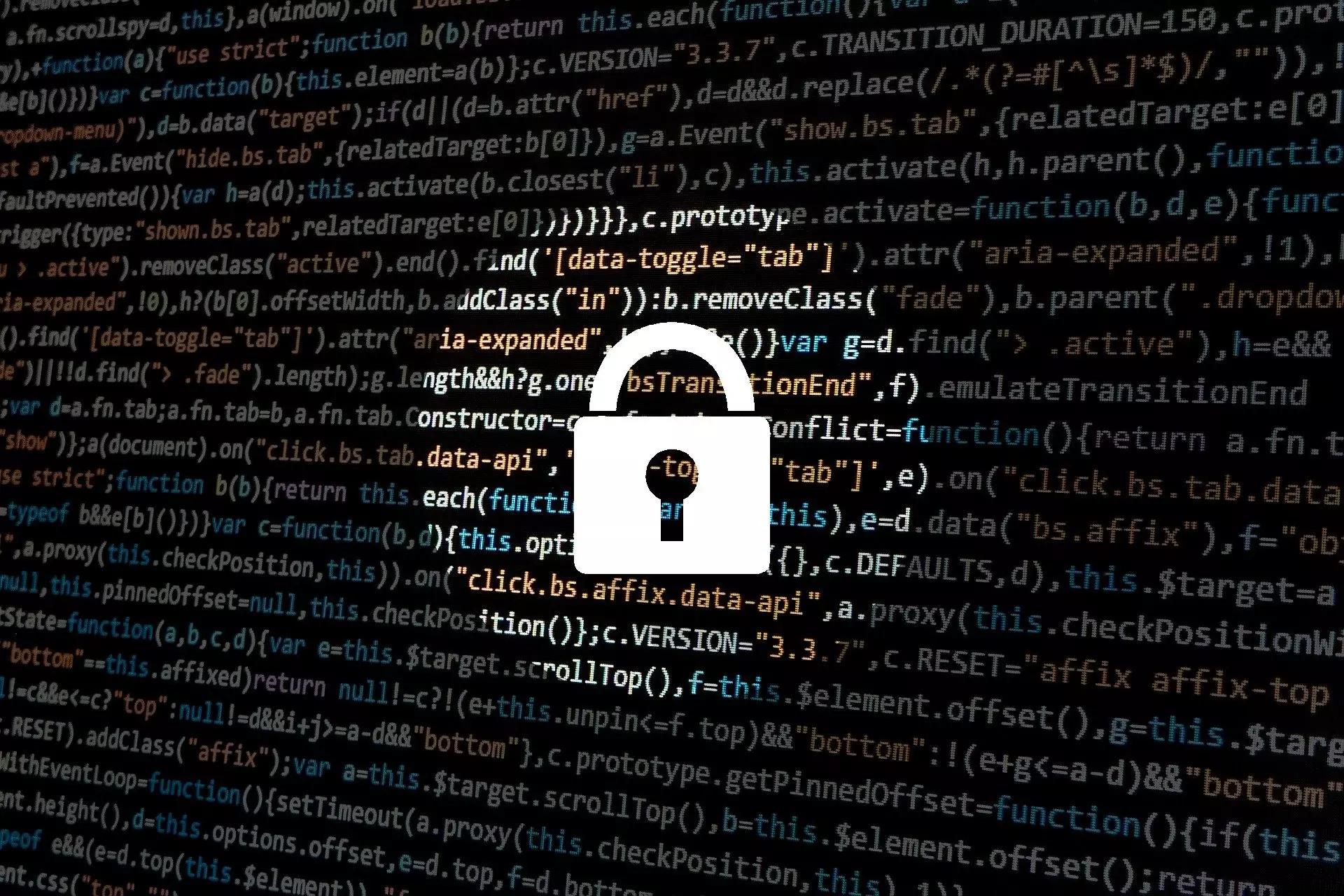The recent health care ransomware attack on UnitedHealth Group’s subsidiary, Change Healthcare, has shed light on the alarming repercussions of a basic security oversight. The cybercriminals behind the attack exploited the absence of multi-factor authentication (MFA) across all systems, despite the sensitive patient data entrusted to the subsidiary. This oversight is akin to leaving the back door of a house in a high-crime neighborhood without a deadbolt – a fundamental error with severe implications.
The urgent need for stronger information security requirements in the face of ransomware attacks is evident. Lawmakers have begun addressing this issue through timely congressional hearings. The lack of comprehensive MFA after UnitedHealth’s acquisition of Change Health in October 2022 led to hackers leveraging stolen credentials. The uncertainty surrounding the number of compromised patient records underscores the critical importance of robust security measures.
The hearings in the Senate and House were an essential first step in addressing the vulnerability exposed by the ransomware attack. Lawmakers rightfully emphasized the national security implications of compromised health care data, particularly for military personnel. It is imperative for Congress to swiftly enact reforms that enhance information security requirements and safeguard sensitive patient information from cyber threats.
The attack on Change Healthcare also raises broader questions about health care consolidation and the size of industry giants like UnitedHealth. The company’s substantial growth and expansion into various health care sectors have garnered limited regulatory scrutiny. Federal antitrust policies have traditionally focused on horizontal integration, overlooking the implications of vertical integration on competition and consumer welfare. Amidst rising medical costs, it is imperative to reevaluate the impact of industry consolidation on the health care landscape.
Senator Amy Klobuchar’s expertise in antitrust matters and commitment to probing the hack and its implications are a positive development. Klobuchar’s emphasis on the role of competition policy in promoting economic resilience highlights the need for a comprehensive examination of concentrated market power and its impact on systemic vulnerabilities. Strengthening security requirements is crucial, but addressing broader issues of competition and consumer protection is equally vital.
The health care ransomware attack on Change Healthcare underscores the critical need for enhanced information security measures and regulatory oversight in the industry. While the immediate focus is on addressing the security gaps that led to the breach, a deeper examination of health care consolidation and competition policy is essential. Senator Klobuchar’s leadership in advocating for thorough scrutiny and policy reform sets a precedent for addressing the systemic challenges posed by cyber threats in the health care sector. It is time to prioritize the protection of patient data and economic resilience through proactive legislative action and regulatory enforcement.


Leave a Reply